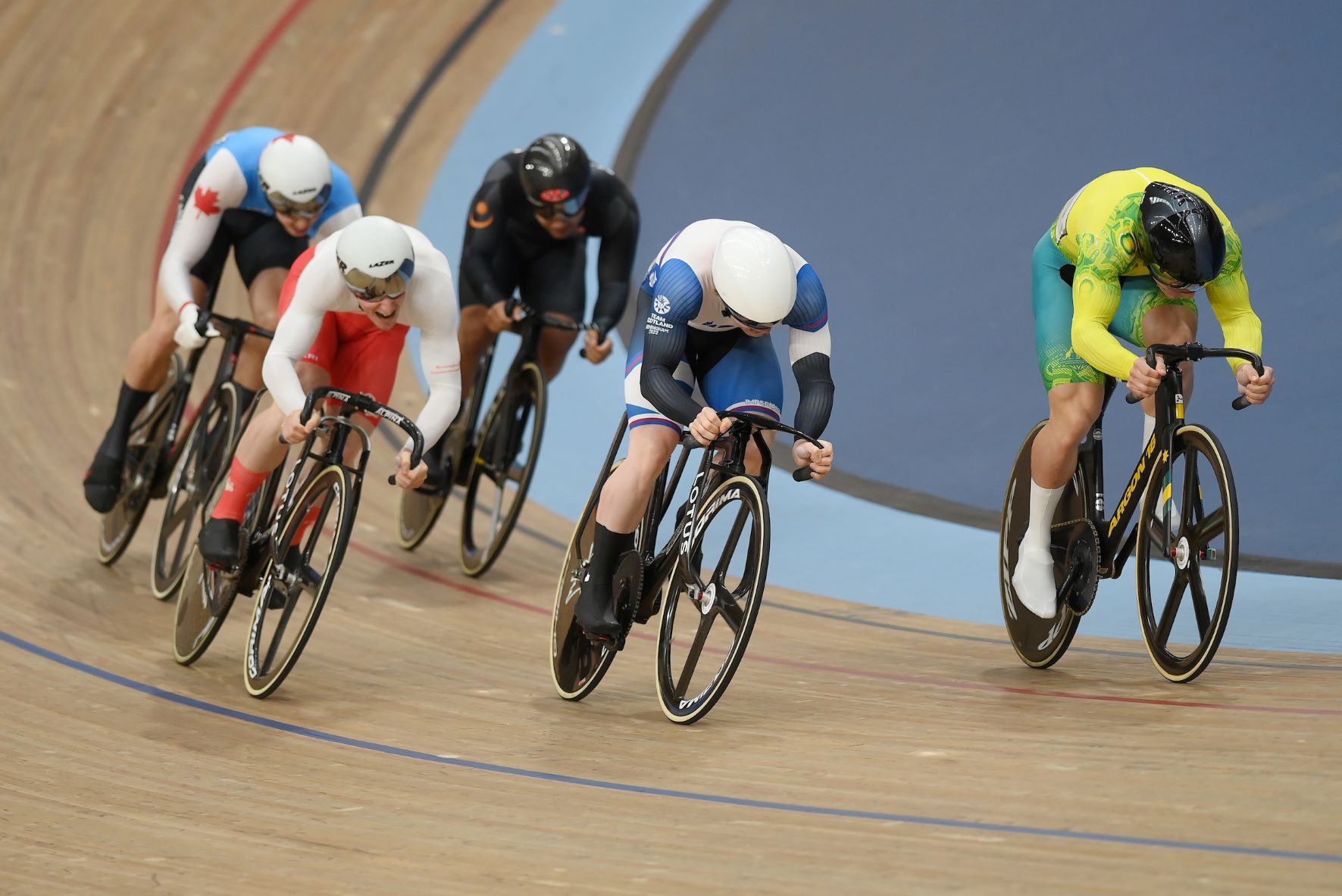Renishaw Brings Engineering Expertise To British Cycling Team At Commonwealth Games
Global engineering technologies company Renishaw has used its expertise in additive manufacturing (AM) to contribute to the new track bike for the Great British Cycling Team (GBCT)

The team raced the in Birmingham at the 22nd Commonwealth Games from 28th July to 8th August. Renishaw has been partnered with British Cycling since 2019, when it helped to produce innovative new parts for the track bike used to win seven medals at the Tokyo Olympics.
Lotus Engineering and Hope Technology first collaborated to develop the new bike, particularly focusing on speed to maximise its performance and push for medals. British Cycling then approached Renishaw to join the development team, recognising the benefits of metal 3D printing when developing lightweight yet complex components.
“The Commonwealth Games is a brilliant opportunity to display the innovation of British engineering as well as British talent on our home turf,” stated Ben Collins, Senior Additive Manufacturing Application Engineer at Renishaw. “The riders need the best equipment to perform at such high levels. By providing tailored AM parts to the cycling team, we can deliver the performance the team requires while also highlighting the potential of AM in producing high quality strong, lightweight, and complex components.”
Renishaw’s additive manufacturing team used its expertise to rapidly manufacture and prototype plastic and metal parts for the updated bike design to ensure the part provided optimal aerodynamics. Rapid testing was essential, while carbon fibre is the most effective material for lightweight yet strong engineering, this requires injection moulding which takes longer from design to finished part than AM methods. The creation of a different mould for every design change made with carbon fibre means a slow testing process, whereas printed titanium allows for further innovation with part design and quicker turnaround during prototyping.
British cycling benefitted from the rapid precision of AM when designing the parts that require customisation such as the handlebars. In Tokyo, custom handlebars were tailored to the riders’ hands for optimum ergonomics, these were able to be turned around quicker than specially moulded carbon fibre parts. This allows for any last-minute modifications to be made before the race, at Tokyo this was a necessary contingency that proved beneficial.
For further information on Renishaw’s partnership with the Great British Cycling Team bike or its expert additive manufacturing division visit https://www.renishaw.com/.
CONTACT
Chris Pockett
Renishaw plc
uk@renishaw.com
www.renishaw.com
+44 1453 524524
Friday 19 August 2022 / file under Engineering | Sports | Technology



